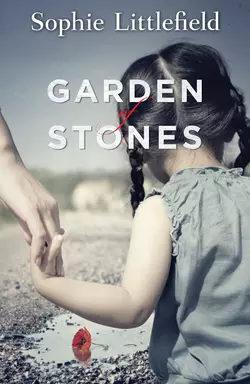Garden of Stones

Sophie Littlefield
Тип: электронная книга
Жанр: Современная зарубежная литература
Язык: на английском языке
Стоимость: 152.25 ₽
Издательство: HarperCollins
Дата публикации: 16.04.2024
Отзывы: Пока нет Добавить отзыв
О книге: In the dark days of war, a mother makes the ultimate sacrifice Lucy Takeda is just fourteen years old, living in Los Angeles, when the bombs rain down on Pearl Harbor.Within weeks, she and her mother, Miyako, are ripped from their home, rounded up—along with thousands of other innocent Japanese-Americans—and taken to the Manzanar prison camp. Buffeted by blistering heat and choking dust, Lucy and Miyako must endure the harsh living conditions of the camp.Corruption and abuse creep into every corner of Manzanar, eventually ensnaring beautiful, vulnerable Miyako. Ruined and unwilling to surrender her daughter to the same fate, Miyako soon breaks. Her final act of desperation will stay with Lucy forever…and spur her to sins of her own.Bestselling author Sophie Littlefield weaves a powerful tale of stolen innocence and survival that echoes through generations, reverberating between mothers and daughters. It is a moving chronicle of injustice, triumph and the unspeakable acts we commit in the name of love."Littlefield has a gift for pacing…page-turning action and evocative, sensual, harrowing descriptions." —Publishers Weekly